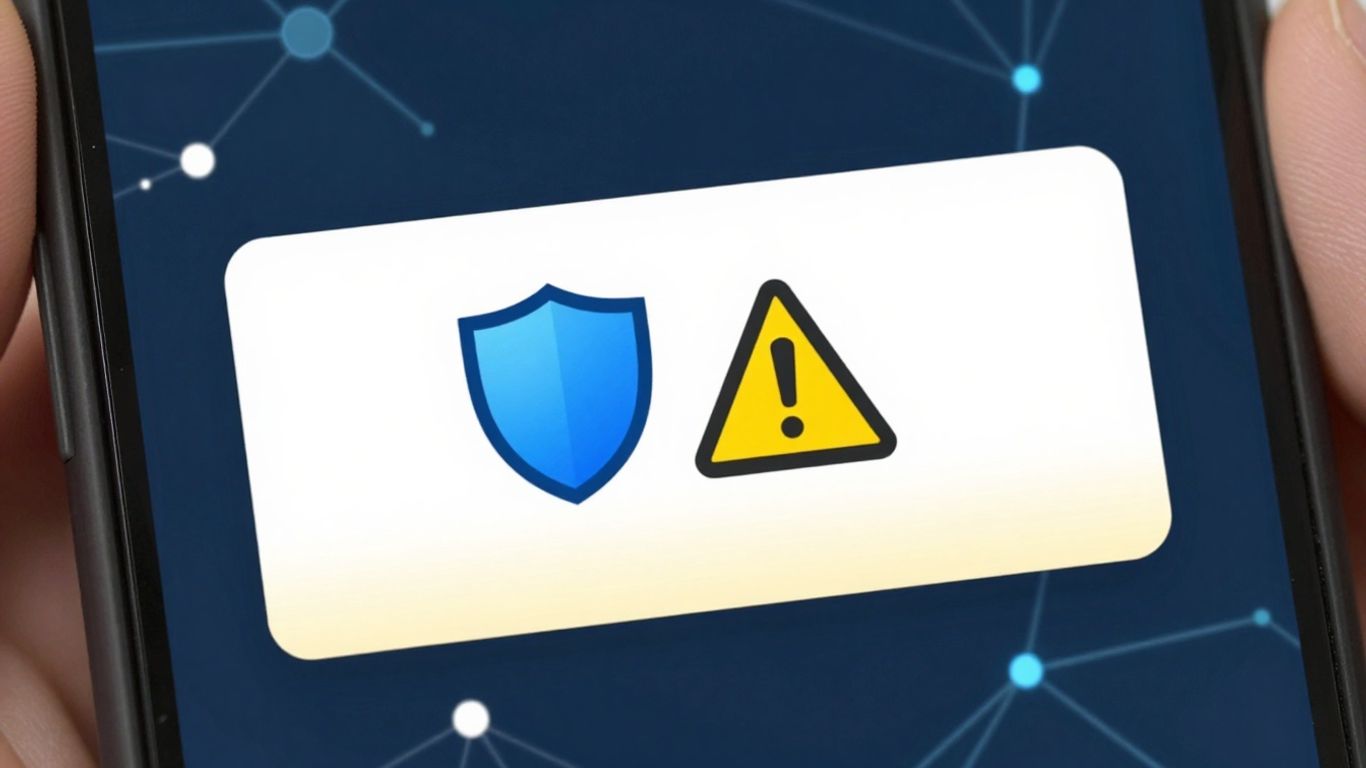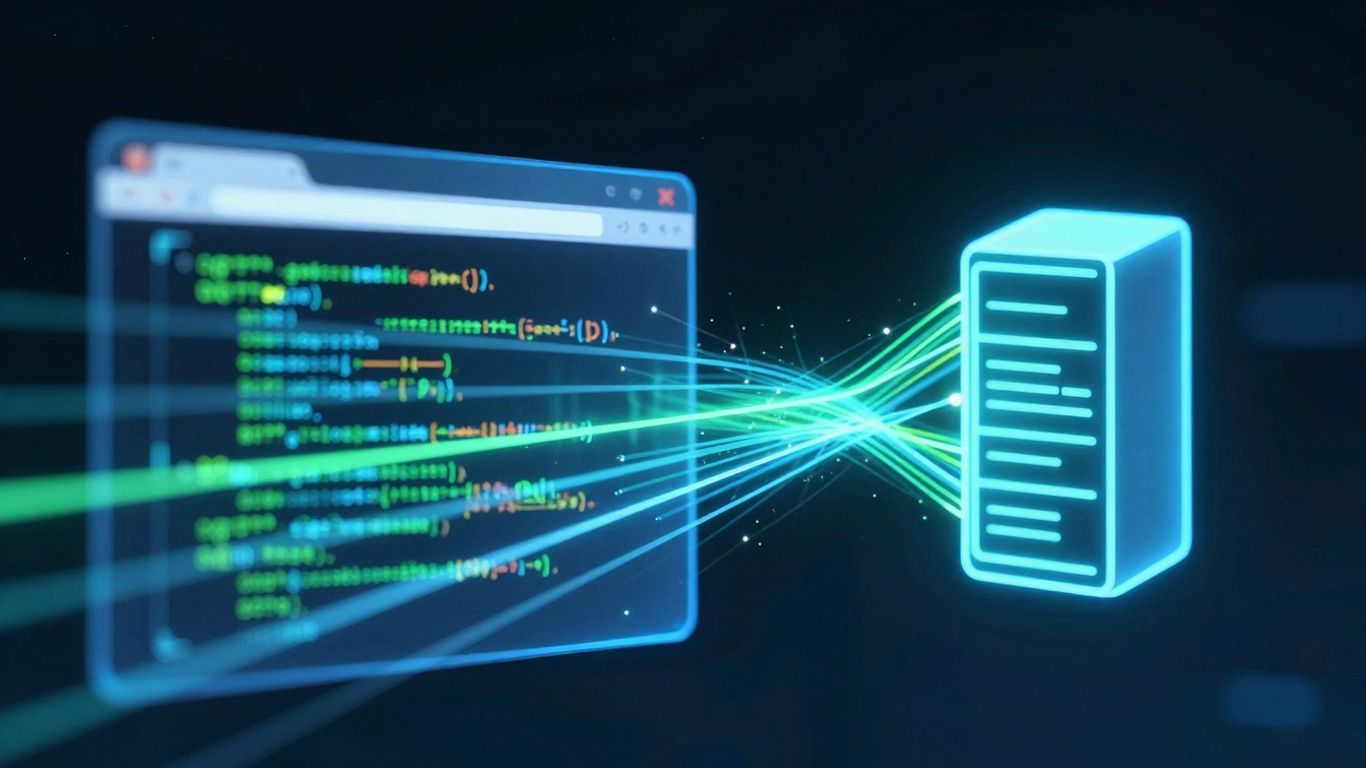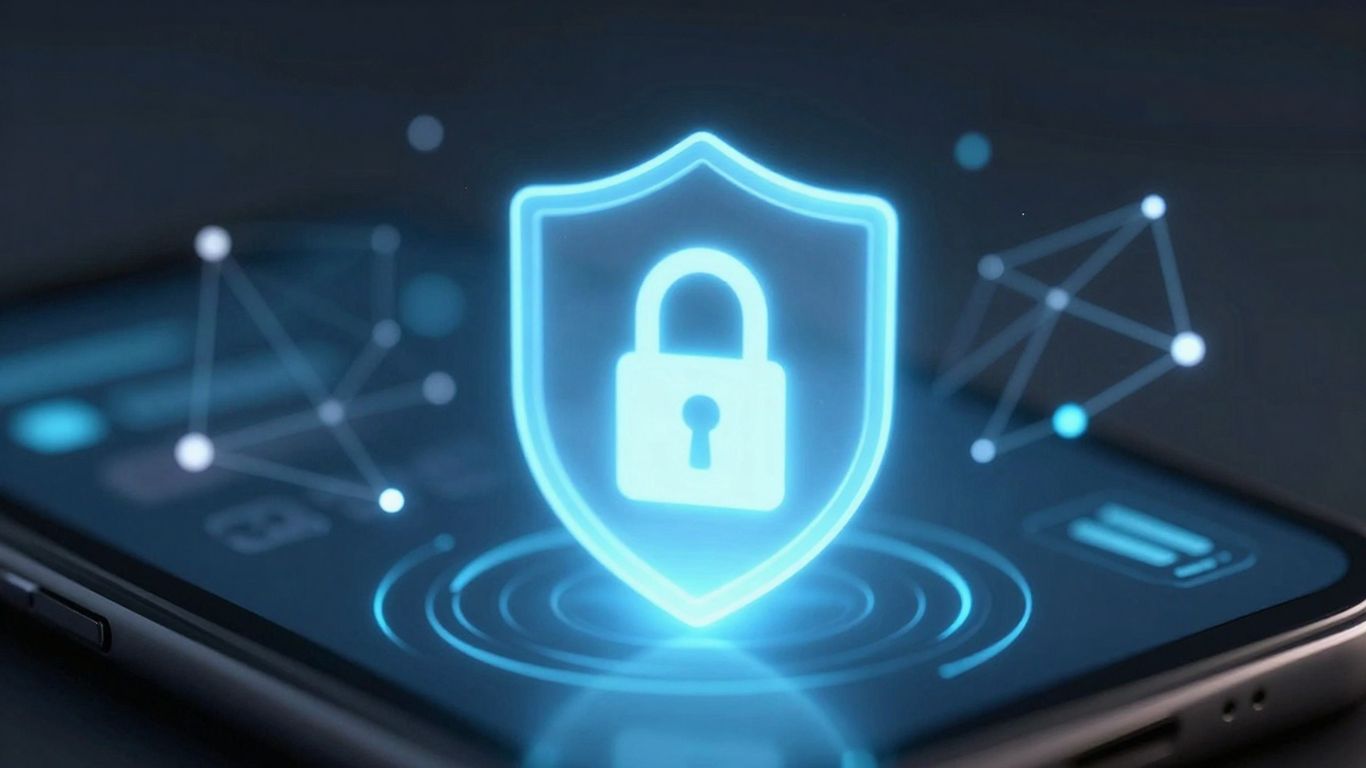[ newsletter ]
Stay ahead of Web3 threats—subscribe to our newsletter for the latest in blockchain security insights and updates.
Thank you! Your submission has been received!
Oops! Something went wrong. Please try again.
Explore advanced blockchain security audits to enhance safety, tackle vulnerabilities, and ensure compliance.





In the fast-evolving world of blockchain technology, ensuring security is more important than ever. Advanced blockchain security audits play a crucial role in identifying vulnerabilities and protecting systems from malicious attacks. By understanding the key components of blockchain security and implementing innovative techniques, organizations can enhance their safety measures and build trust with users.
Blockchain security is essential for maintaining the integrity and safety of digital transactions. Key components include:
Despite its strengths, blockchain faces various threats. Some common ones are:
Regular security audits are crucial for:
Regular audits not only protect against threats but also enhance the overall reliability of blockchain systems.
In summary, understanding the components, threats, and the need for audits is vital for anyone involved in blockchain technology. By focusing on these areas, we can enhance the security and trustworthiness of blockchain systems, paving the way for safer digital transactions.
In today's digital world, AI-powered monitoring is becoming essential for blockchain security. This technology helps in identifying threats in real-time, ensuring that any suspicious activity is caught early. Here are some key benefits of using AI in monitoring:
When it comes to audits, there are two main approaches: automated and manual. Each has its strengths:
Predictive threat intelligence uses data to foresee potential security issues before they happen. This proactive approach can help organizations stay ahead of cybercriminals. Key aspects include:
In summary, innovative techniques like AI monitoring, a mix of audit methods, and predictive intelligence are crucial for enhancing blockchain security. These advancements not only protect systems but also build trust among users, making blockchain a safer space for everyone.
Smart contracts are self-executing agreements coded on the blockchain. However, they can have serious vulnerabilities that may lead to exploits. Some common issues include:
To enhance the security of smart contracts, developers should follow these best practices:
Formal verification is a method used to mathematically prove the correctness of smart contracts. This process helps ensure that the contract behaves as intended and is free from vulnerabilities. By using formal methods, developers can:
In summary, smart contract security is crucial for maintaining the integrity of blockchain systems. Regular audits and adherence to best practices can significantly reduce risks associated with vulnerabilities. As highlighted by the team at mixbytes, comprehensive smart contract security audits are essential for safe blockchain operations.

Decentralization is a key feature of blockchain technology. It means that no single entity controls the entire network. This has several advantages:
While decentralization offers many benefits, it also comes with challenges:
Decentralized governance is essential for maintaining a secure blockchain. Some models include:
Decentralization enhances security in blockchain technology. By reducing single points of failure and increasing transparency, it strengthens the integrity of blockchain systems. Organizations adopting decentralized principles can create more resilient applications against attacks.
In summary, while decentralization is a powerful tool for enhancing blockchain security, it requires careful planning and execution to overcome its challenges.
Compliance is essential for maintaining trust in blockchain systems. As blockchain technology grows, so do the regulations surrounding it. Organizations must stay informed about the latest laws and reporting requirements in their area. This often means collaborating with legal teams to ensure all activities meet regulatory standards.
The regulatory landscape is constantly changing, which can create confusion for businesses. Some common challenges include:
As the blockchain ecosystem matures, we can expect:
Navigating the regulatory landscape is crucial for organizations to thrive in the blockchain space. By understanding and adhering to compliance requirements, businesses can foster trust and encourage wider adoption of blockchain technology.
In summary, regulatory compliance is a vital aspect of blockchain security. Organizations must stay informed and proactive to navigate the challenges and opportunities that arise in this rapidly evolving field. By doing so, they can enhance their security measures and contribute to a safer blockchain environment.

Many organizations have successfully integrated blockchain technology to enhance their security measures. One notable example is the use of blockchain in cybersecurity, where it has been applied to secure sensitive data and transactions. Here are a few key implementations:
Despite the advantages of blockchain, there have been significant security breaches that provide valuable lessons. Some of these include:
As blockchain technology evolves, so do the security measures. Here are some anticipated trends:
Blockchain technology is not just about security; it’s about creating a safer digital environment for everyone. By learning from past mistakes, we can build a more secure future.
The future of blockchain security is bright, especially with the integration of AI. As the blockchain industry advances in leaps and bounds, businesses face a growing need to implement robust security measures to ensure a resilient ecosystem. AI can help in:
Continuous auditing is becoming essential in the blockchain space. This method allows for:
As technology evolves, so do the threats. Organizations must stay ahead by:
The landscape of blockchain security is ever-changing, and staying informed is key to maintaining a secure environment.
In summary, blockchain security audits are essential for keeping blockchain systems safe. As this technology grows, so do the risks associated with it. By regularly checking for weaknesses and fixing them, we can protect users and their data. Using advanced tools, like AI, can help speed up the audit process and make it more effective. This way, we can build trust in blockchain technology and ensure it remains a secure option for everyone. As we move forward, focusing on security will be key to unlocking the full potential of blockchain.
Blockchain security audits are thorough checks done to find any weaknesses or problems in a blockchain system. They help ensure that everything is safe and working correctly.
Security audits are important because they help protect against attacks and ensure that users can trust the system. They identify and fix potential risks before they become serious issues.
Blockchain systems can face several threats, like phishing attacks, where scammers try to steal information, and 51% attacks, where a single entity gains too much control.
It's good to have security audits regularly, especially when there are updates or changes in the system. This helps keep everything secure.
Audits can use various techniques, including automated tools to scan for issues and manual checks by experts to ensure everything is safe.
A smart contract is a self-executing agreement on the blockchain. It's important for security because if there are flaws in the contract, it can lead to significant losses.


